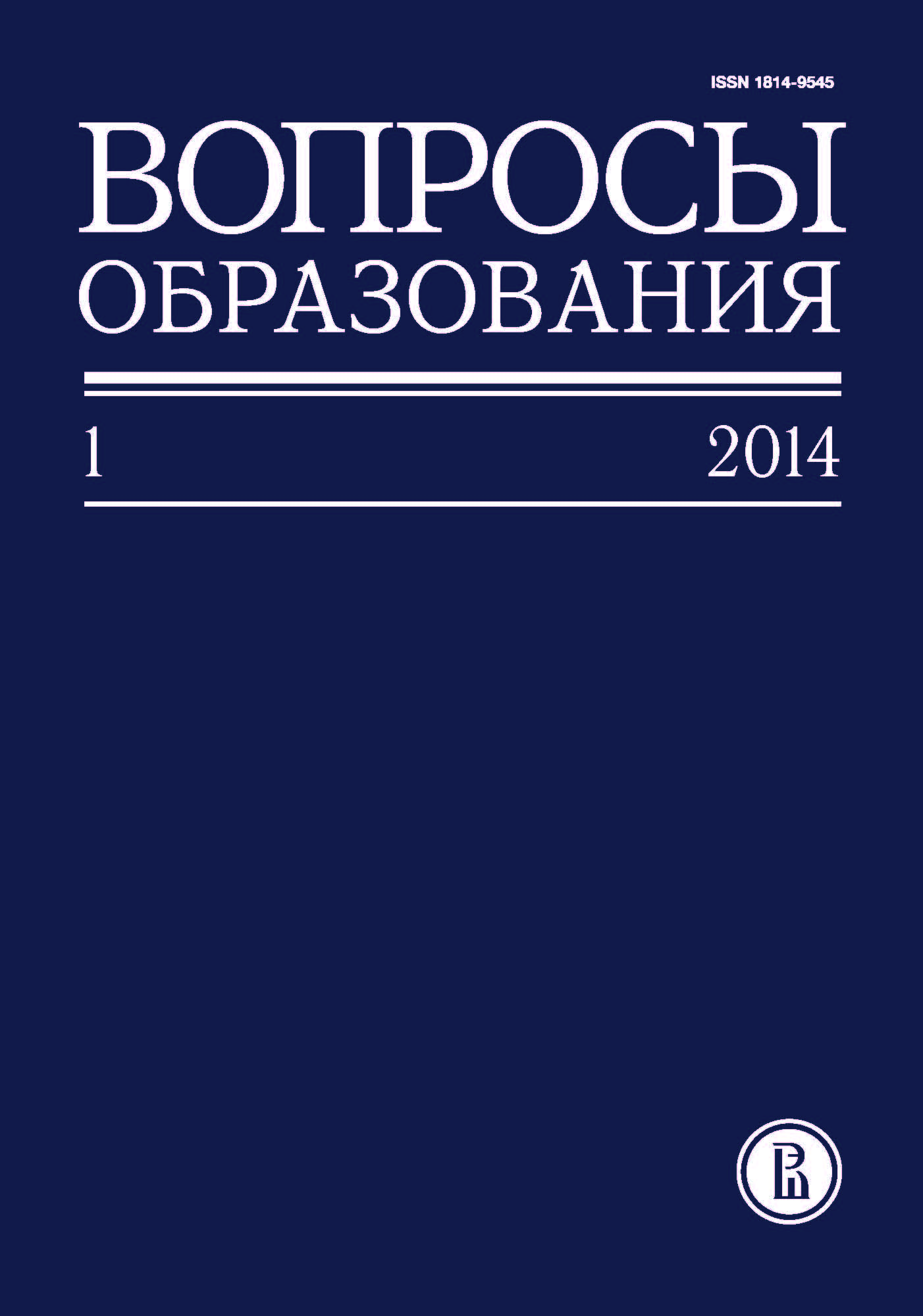Межрегиональные различия в заработной плате педагогов до и после принятия указов о повышении оплаты труда
Аннотация
На основании обзора литературных источников выделены факторы, определяющие разную значимость прибавки к зарплате для педработников разных регионов. К ним относятся: структура экономики региона; стадия ее экономического развития — рост или спад; доля отраслей бюджетного сектора в экономике региона; особенности территории, проявляющиеся в том, что показатель среднемесячной заработной платы в регионе не отражает реальный уровень жизни населения. Прослежено изменение оплаты труда педагогических работников разных уровней образования по российским регионам за период с 2011 г. по I полугодие 2013 г. Установлено, что динамика заработной платы педагогических работников соответствует тенденции сокращения неравенства и снижения поляризации в распределении российских регионов по доходам населения. В то же время происходит увеличение неоднородности субъектов Российской Федерации по покупательной способности заработной платы педагогов. Автор обосновывает актуальность проведения исследований, направленных на выявление значимости, в том числе субъективной, прибавки к заработной плате педагогов в разрезе субъектов Российской Федерации.








